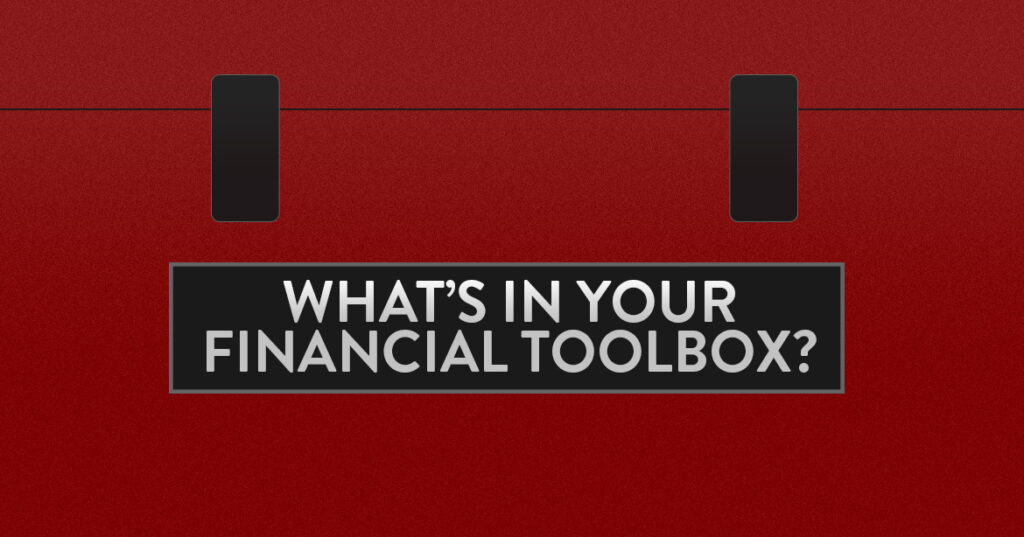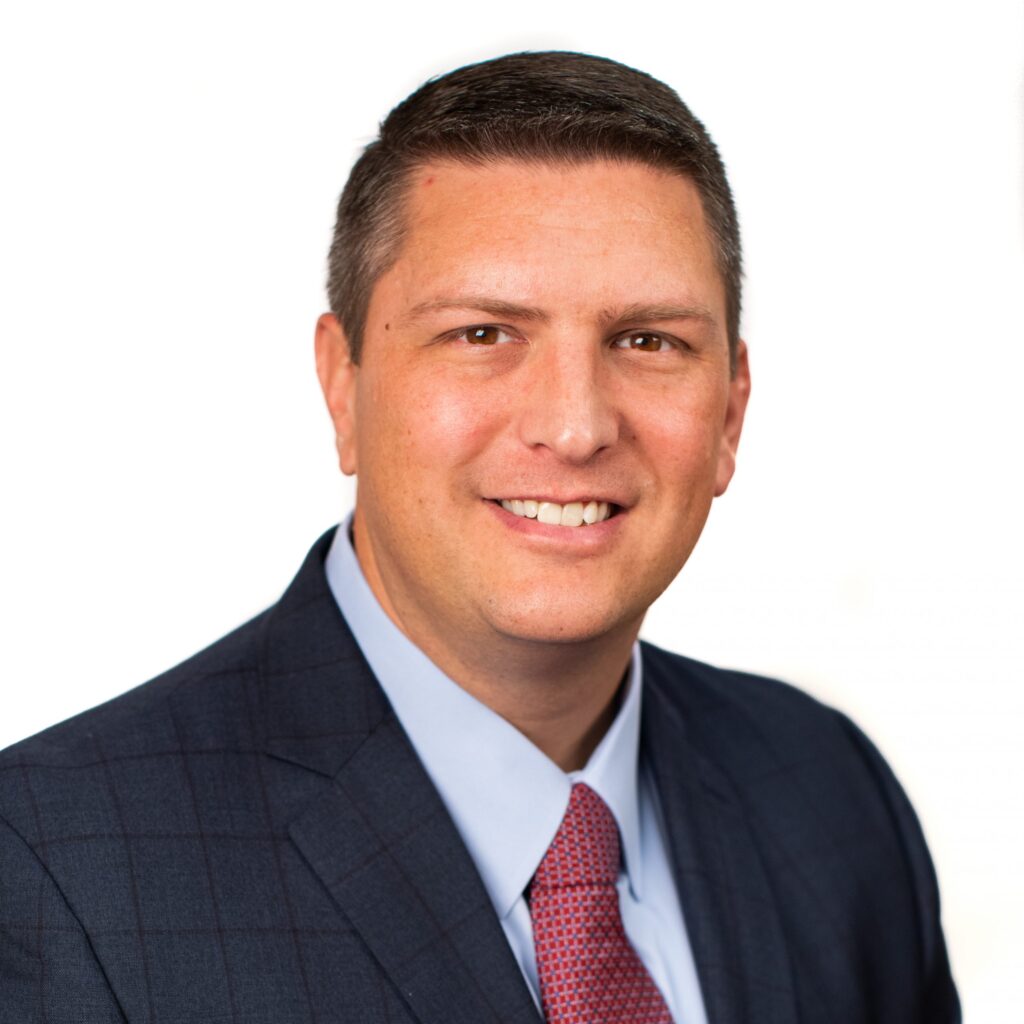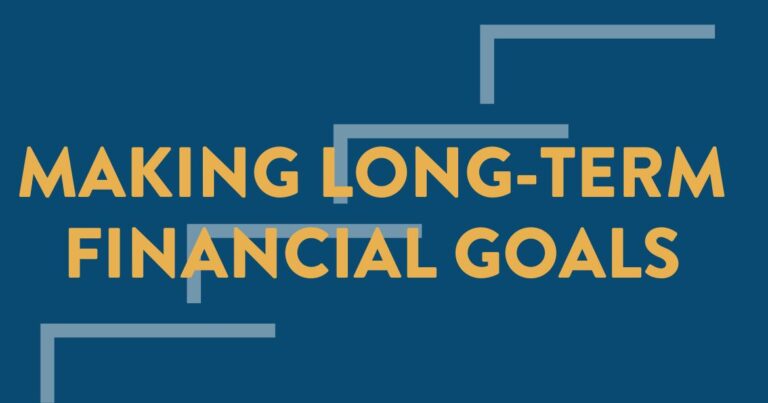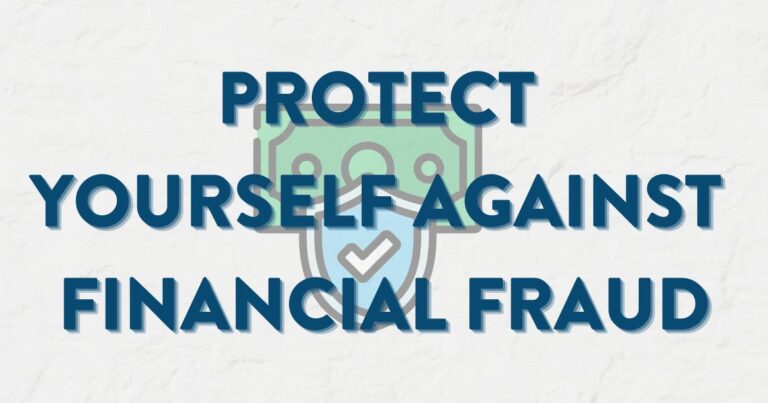Money is a tool. And just like different projects need different tools, different seasons of life need different financial tools, and it’s important to make sure you have the right equipment. Let’s face it, a happy meal hammer won’t be able to accomplish a real hammer from your local hardware store – or if it could, it will take you a lot longer and be much more difficult than if the right tool had been used.
Let’s help you make sure you’ve got the right financial tools in your metaphorical toolbox for each step of your journey to financial independence!
Under Construction
In your younger years, retirement seems like some distant concept you don’t need to worry about yet. But making moves now to build a solid foundation can help you be better prepared for the road ahead. In your 20s-40s you’ll need:
- Debt Freedom – If you don’t owe anyone money, you’re able to devote your dollars to your own needs and wishes. Work on paying off student loans, car payments, and credit card debt.
- Your Employer Match – If your employer is willing to make a matching contribution to your retirement plan and you aren’t taking advantage of it, you’re leaving free money on the table. The earlier you start, the better compound interest can work in your favor.
- At the very least, max out the match you’re offered. Next, increase your contribution by just 1% per year to help your savings grow!
- Self Awareness – Pay attention to how you deal financially in crises. Are you prepared for an emergency? Do market downturns cause you to make emotional decisions? Having the awareness to understand your financial tendencies can help you better navigate whatever lies ahead.
These tools are effective for the first leg of your financial journey, but they aren’t enough to sustain you as you progress. It’s similar to having an instruction manual with only pictures – you have a general idea of what to do, but the missing details could have an impact on the end result. So, as you move to the age range of 41-55, you’ll need:
- A Plan – If you don’t have a financial plan in place at this stage, you should get one. Retirement may still seem to be off in the distance, but if you aren’t consciously preparing for it, it could sneak up on you. And it may be earlier than you think! Studies show that most Americans expect to work until age 65, but the actual age they stop working is 62, so it’s important to be prepared early.
- Regular Meetings with Your Advisor – Part of the beauty of life is that it changes over time. If your financial plan stays the same, it’s likely to be missing some important pieces!
- See, your plan should account for your specific goals, needs, and dreams. Regular meetings with an advisor can help ensure that your financial plan accounts for all the circumstances of your life, even if they’re brand new.
- Keeping Your Financial Emotions In Check – Don’t let market volatility dictate what your future looks like. Stay the course and remain focused on your long-term goals!
- Understanding Your Options – Do you need another retirement account? Do you need to take advantage of a rollover or an in-service distribution?
- An important note: forward-looking tax planning is a crucial aspect of the planning process. Work with your advisor to create a strategy for minimizing taxes whenever it’s time to distribute your hard-earned assets!
Hard Hats Required Beyond This Point
As you reach age 55 and above, even if you plan on delaying retirement, you need to be honing in on what’s ahead. The next stage of life will bring with it significant changes. It’s important to be prepared financially as well as mentally and emotionally.
- Timing – Has your projected retirement timeline changed? If not, should it? Discussing your options with your advisor can help you understand the best timing and strategy for you.
- A Legacy Plan – Be sure your legacy planning is up to date. Confirm beneficiaries on a regular basis, explore charitable giving options that could help you minimize taxes, and understand how current legislation could impact your plans for generational wealth.
- A Plan – You need your money to outlast you. Odds are that inflation will decrease your purchasing power significantly if you aren’t invested in such a way that both protects the money you need now and allows the money you need later to grow.
- Purpose – Purpose in retirement is vital to your health and well-being. It’s not enough to retire from your job if you just retire to your couch. Be sure you have something you’re excited about to fill your new free time.
Build Me Up, Buttercup!
While you need different financial tools for different phases of life, there are some tried and true principles that can help you stay on track!
- Tools have a specific purpose.
- Say you needed a screwdriver for a simple project and that’s all you had in your toolbox. Your next project rolls around and it requires a hammer. Your screwdriver won’t get you very far.
- In the same way, if your financial advisor only has one play, they’re not a financial advisor (or a carpenter). They’re actually just a salesman for something that will make them money.
- If you’ve got a full toolbox that just sits in your garage, it’s really not very useful.
- You might know there are financial tools out there to help you, but if you aren’t putting them to use they won’t do you any good.
- Don’t rely on Ikea instructions to build your house of financial independence.
- Financial planning, when done well, can be complex because it considers your entire life – your goals, your dreams, your needs. You deserve a custom set of blueprints crafted by you and your advisor.
If you’d like to start building your house of financial independence, have questions, or are looking for a custom financial plan to provide the blueprint for your financial future, our team is available and happy to help!
The opinions voiced in this material are for general information only and are not intended to provide specific advice or recommendations for any individual.




